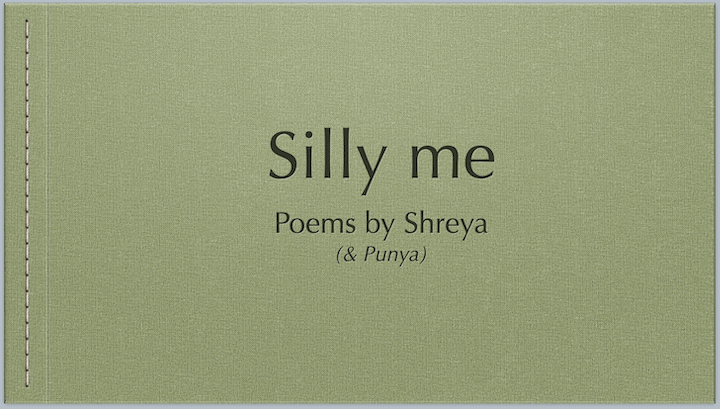Richard Olsen over in his blog has an extended posting titled The TPACK Framework is fundamentally flawed. It is a long and thoughtful post and I recommend everyone to read it.
I have posted a short response to his posting (it is under moderation but should show up in a while). In the mean-time I am posting my response here – for the record.
Richard,
Thank you for your extended and thoughtful post on the TPACK framework. There is a lot here to respond to but I will be brief…
I think you would be surprised to learn just how much I agree with what you are saying. In fact in our original TCRecord piece we write something along the lines of “Clearly, separating the three components (content, pedagogy, and technology) in our model is an analytic act and one that is difficult to tease out in practice.” As I see it you are arguing that it is impossible (or even wrong) to tease these out. I would disagree.
In my experience the TPACK framework allows different people to see different things. To content area teachers, it allows them to see the value of technologies in representing and engaging with content; to teacher trainers it allows them to think about the significance of content and technology; and to techie types, it shows that there is more to teaching than the tool – it has to do with pedagogy and content.
Every once in a while I meet someone like yourself – someone for whom the TPACK is intuitive – so that breaking things up into pieces just seems wrong. And for the most part I agree – again as we said in our article: “Viewing any of these components in isolation from the others represents a real disservice to good teaching.”
But these ideas are not intuitive to most people – and this is where I think the TPACK framework comes in useful – as a scaffolding to help people develop in their thinking about curriculum, content, technology and pedagogy.
I agree that is IS wrong is to essentialize the components of the TPACK framework (which I see a lot of people doing – but that is their doing not inherent in how we wrote/conceptualized it). The goal really should be to think about this sweet spot at the center – where these pieces come together. Now whether you call that good pedagogy for content learning – or good pedagogy with technology for content learning is at some level immaterial (I think).
I don’t know if you have had a chance to read the handbook chapter that Matt and I had written. You can find it here
I think this has a better description of the technology issue that you raised – that I (being lazy) don’t have the time to get into.And finally, there is a famous saying among academics that goes, I don’t care if you disagree with me, just make sure to cite me and spell my name correctly.
I bring that up because you got the first part (citing) but got my name wrong… it is Mishra not Misha 🙂That’s all for now. Take care
~ punya


Curious as to how the idea of community as curriculum relates to TPACK. IF knowledge is not an “in the head” matter
Curious as to how the idea of community as curriculum relates to TPACK. IF knowledge is not an “in the head” matter, but rather that which is constructed among and across many heads, the how does that influence the model?
Hi Punya,
The debate about TPACK seems to go in the direction that Richard is describing. And yes, from survey-research we see that the different components of TPACK cannot be separated that easily. And probably we should not attempt to try. But I strongly believe that the TPACK framework is someting – as you mention – that could help teachers (and educational designers!) when they have to start (re-) thinking about their education. And my believe is based upon actual experiences with teachers and educational designers 😉 Transforming this believe into a scientific paper is something that we are working on..!
Petra